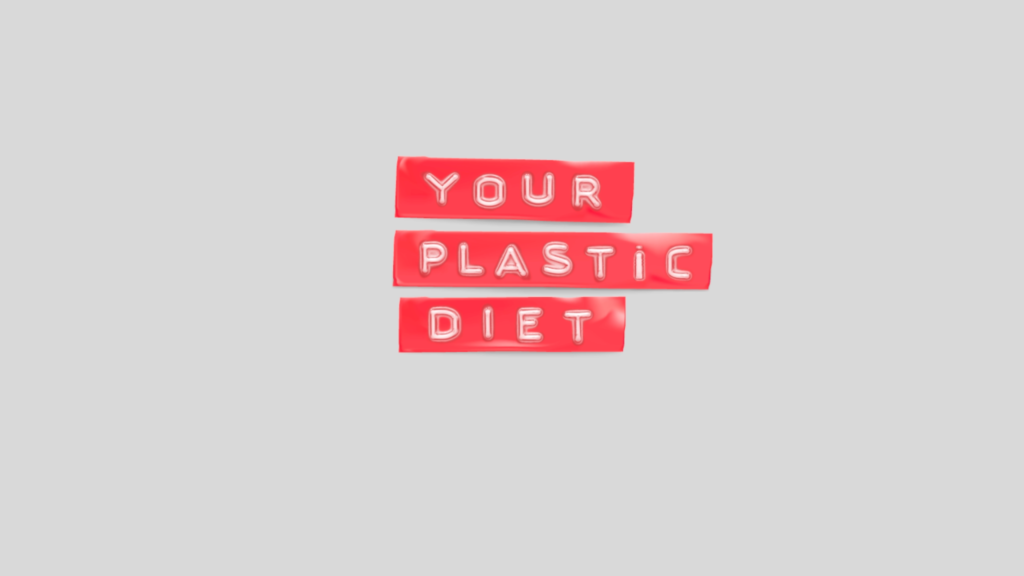The campaign, created by Grey, is based on research by WWF which found people were consuming about 2000 small pieces of plastic every week, equivalent to 5 grams a week, 21 grams a month. According to WWF, 5 grams of plastic is equivalent weight of a credit card.
To drive this point home, the campaign put forth statistics about plastic consumption using easily recognisable household objects like credit cards, combs and pens.
“The key for us was to shift the conversation from an environmental crisis to a personal health crisis – it’s not happening to ‘the world’ that you can close the door on, it is happening to you; and you can’t avoid it,” Graham Drew, Grey Malaysia executive creative director, says and adds:
“Credit to WWF: they were insistent that they didn’t want yet another scare tactic campaign. They gave us the outline findings, but microplastics are abstract. While 100,000 sounds big, it’s hard to relate too. So that led us to quantifying it to weights and then to everyday items.”
“I fell for the headline of ‘you eat a credit card a week’ – it’s such a powerful line. From then, we took a very pragmatic approach to the art direction and tone – the facts are disruptive enough. This is ‘Your Plastic Diet’ and we are all on it, whether we like it or not.
WWF international director general Marco Lambertini said: “These findings must serve as a wake-up call to governments. Global action is urgent and essential to tackling this. While research is investigating potential negative effects of plastic on human health, we are all clear that this is a worldwide problem that can only be solved by addressing the root cause of plastic pollution.”
Furthermore Lambertini points out that “If we don’t want plastic in our bodies, we need to stop the millions of tons of plastic that continue leaking into nature every year. In order to tackle the plastic crisis, we need urgent action at government, business and consumer levels, and a global treaty with global targets to address plastic pollution.”
A website has also been set up to allow people to take a test based on their individual diet, and use the study findings to determine their likely personal weekly plastic consumption.
The campaign will run worldwide and across television, digital and outdoor media.
